Dilip Kumar: The Eternal Monarch of Emotion
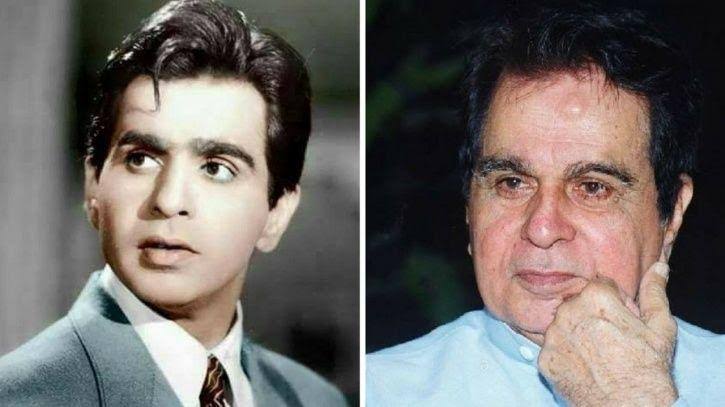
“Hamare baad mehfil mein afsaane bayaan honge,
Baharein humko dhoondhegi na jaane hum kahaan honge!”
Four years ago, on July 7, 2021, Indian cinema lost not just an actor, but an era. Dilip Kumar, born Mohammed Yusuf Khan in 1922 in Peshawar (now in Pakistan), breathed his last at the age of 98 in Mumbai. Known to millions as the “Tragedy King,” he was not merely a screen presence — he was the very grammar of cinematic expression in Hindi films. With every role he played, Dilip Kumar deepened the emotional range of popular cinema and redefined the contours of male stardom.
A Star Beyond Stardom
Alongside Dev Anand and Raj Kapoor, Dilip Kumar formed the celebrated triumvirate that shaped post-Independence Hindi cinema. But even among these titans, he stood apart. His performances were subtle yet seismic, internalized yet magnetic. Satyajit Ray, India’s most respected filmmaker, called him “the ultimate method actor,” years before the term became fashionable.
Making his debut in Jwar Bhata (1944), produced by Bombay Talkies, Dilip Kumar would go on to act in over 60 films across a six-decade career. In landmark roles in Andaz (1949), Daag, Deedar, Jugnu, Tarana, and Madhumati, he made pathos his canvas and delivered what few actors could—dignity in sorrow, restraint in turmoil.
His portrayal of Devdas (1955) remains the definitive rendering of Sarat Chandra Chattopadhyay’s doomed lover. In Mughal-e-Azam (1960), as Prince Salim, he brought to life the internal conflict between love and duty with a gravity that remains unmatched. In Ganga Jamuna (1961), a film he also wrote and co-produced, his command over Awadhi dialect and characterisation of a rustic rebel is still studied by actors today.
Reinventing Himself: The Second Innings
By the 1970s, Dilip Kumar found himself adrift in a changing cinematic landscape, starring in largely unremarkable films. But just when critics had begun writing him off, he returned with Kranti (1981), directed by Manoj Kumar, where he played a revolutionary. In his memoir Dilip Kumar: The Substance and The Shadow, he revealed that he accepted the role without reading the script — a rare act of faith — because Manoj Kumar had supported him during Saira Banu’s illness years earlier.
That single decision birthed a second golden phase. In the 1980s and early 90s, he delivered commanding performances in Vidhaata, Shakti, Mashaal, Mazdoor, Karma, and Saudagar. In Shakti (1982), his scenes with Amitabh Bachchan — himself an actor deeply inspired by Dilip Kumar — were electric. He wasn’t always the “hero” anymore, but his roles were pivotal. As he wrote in his memoir, he selected these parts because they provided “satisfying pivotal roles” that allowed him to grow with age.
His ability to hold the screen against younger contemporaries without resorting to gimmicks was a testament to his enduring craft. Through these roles, a new generation of cinema-goers discovered him, not as a legend of yesteryears, but as an actor whose gravitas could still ground any narrative.
More Than an Actor
Dilip Kumar was a man of culture and refinement. Fluent in Urdu, Hindi, and English, he was widely read and had a deep love for poetry. His diction, dialogue delivery, and silences were steeped in literary richness. He brought an unparalleled grace to cinema—one that was as much about what was left unsaid as what was spoken.
He was also an accomplished sportsman in his youth — a talented footballer and a chess master, though his father preferred he pursue a more academic career. Dilip Kumar’s rejection of a conventional path for the uncertain life of a film actor reflects the inner courage he brought to many of his screen roles.
An Incomplete Masterpiece: Shikwa
One of the most tragic what-ifs in Hindi cinema was Shikwa (1954), a film that paired Dilip Kumar with Nutan in what promised to be a profound exploration of war and pacifism. Directed by Ramesh Saigal, the film remains incomplete due to financial difficulties faced by its production house, Filmkaar. Dilip Kumar played a disillusioned army officer court-martialed for refusing to fight. Footage that survives suggests that Shikwa would have been a milestone, not just for its stars but for Hindi cinema itself.
The fact that Dilip Kumar and Nutan — two titans of performance — did not share the screen at their peak remains a deep regret for cinephiles. They would later appear together only in Karma (1986) and Kanoon Apna Apna (1989), when both were well past their prime.
Besides Shikwa, another movie called Kalinga, produced by Sudhakar Bokade and directed by Dilip Kumar in the late 1980s and early 1990s also remains unreleased due to some unknown reasons.
Personal Life and Public Honour
Behind the scenes, Dilip Kumar’s life was no less dramatic. His early romantic associations with actresses Kamini Kaushal and Madhubala were the stuff of tabloid legend. His love story with Madhubala was particularly tragic, ending due to familial opposition. In 1966, he married actress Saira Banu, who remained his devoted companion till his last breath. A brief second marriage to Asma in 1980 ended swiftly, and he returned to Saira, who cared for him through illness and age.
Dilip Kumar’s public service extended beyond cinema. He was nominated to the Rajya Sabha, where he contributed meaningfully, donating his MP salary to various charities. The Government of India honoured him with the Padma Bhushan (1991), the Dadasaheb Phalke Award (1994), and the Padma Vibhushan (2015). In a rare cross-border gesture, Pakistan conferred on him the Nishan-e-Imtiaz in 1997 — its highest civilian honour — making him the only Indian actor to receive it.
The Call for Bharat Ratna
It is no exaggeration to call Dilip Kumar the Koh-i-Noor of Indian cinema — a jewel whose brilliance spanned generations. On his fourth death anniversary, voices are rising once again to bestow upon him India’s highest civilian honour — the Bharat Ratna — posthumously. It would not merely be a gesture of state recognition, but a tribute from the nation to the man who embodied its emotional and artistic aspirations for decades.
A Legacy That Lives On
Dilip Kumar’s influence on Indian cinema is incalculable. Actors from Amitabh Bachchan to Shah Rukh Khan have openly acknowledged his imprint on their craft. But his legacy is not limited to mimicry. It lies in the dignity he brought to stardom, the intelligence he infused into performance, and the empathy he conveyed in every line of dialogue.
Four years may have passed since his departure, but for those who cherish cinema, Dilip Kumar remains timeless. The mehfil may have moved on, but the afsaane — his stories — continue to echo, deeper and richer with each passing year.
India may never see another Dilip Kumar. But then again, legends are not meant to be replaced — only remembered.
(Author, a former history professor at St. Xavier’s College, Mumbai, is a well-recognised columnist on culture, society and politics in South Asia.)

 7 months, 3 weeks ago
7 months, 3 weeks ago
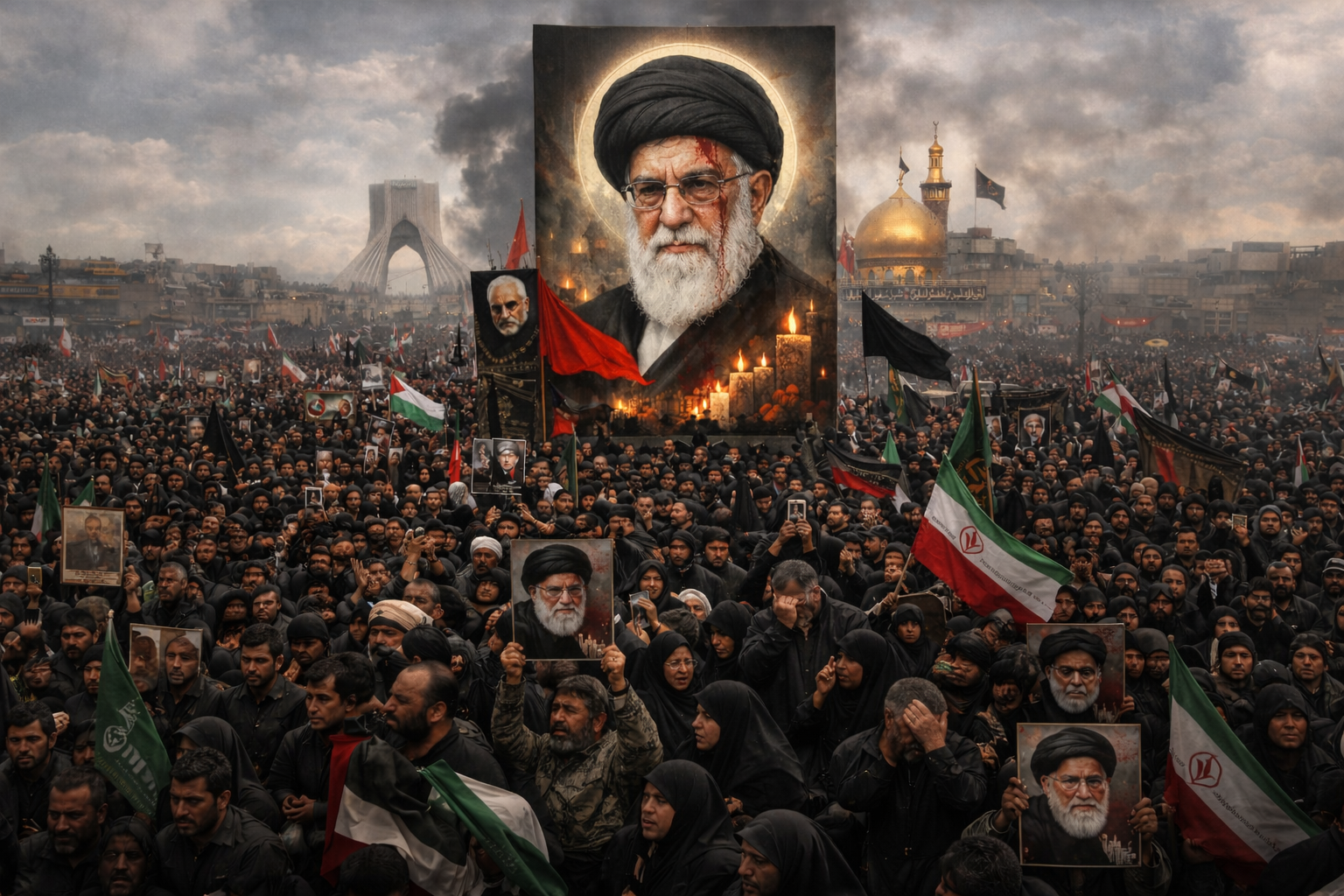
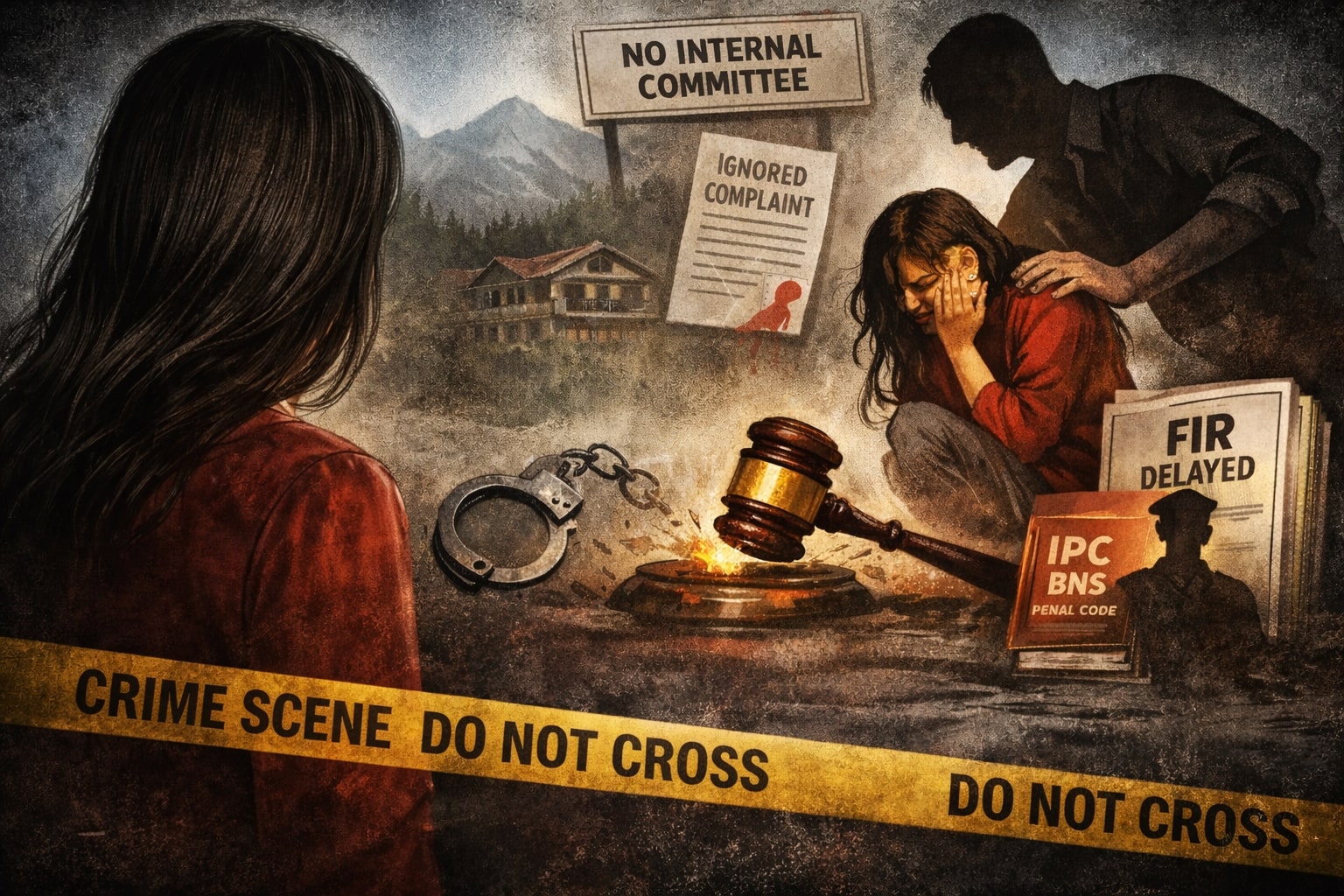
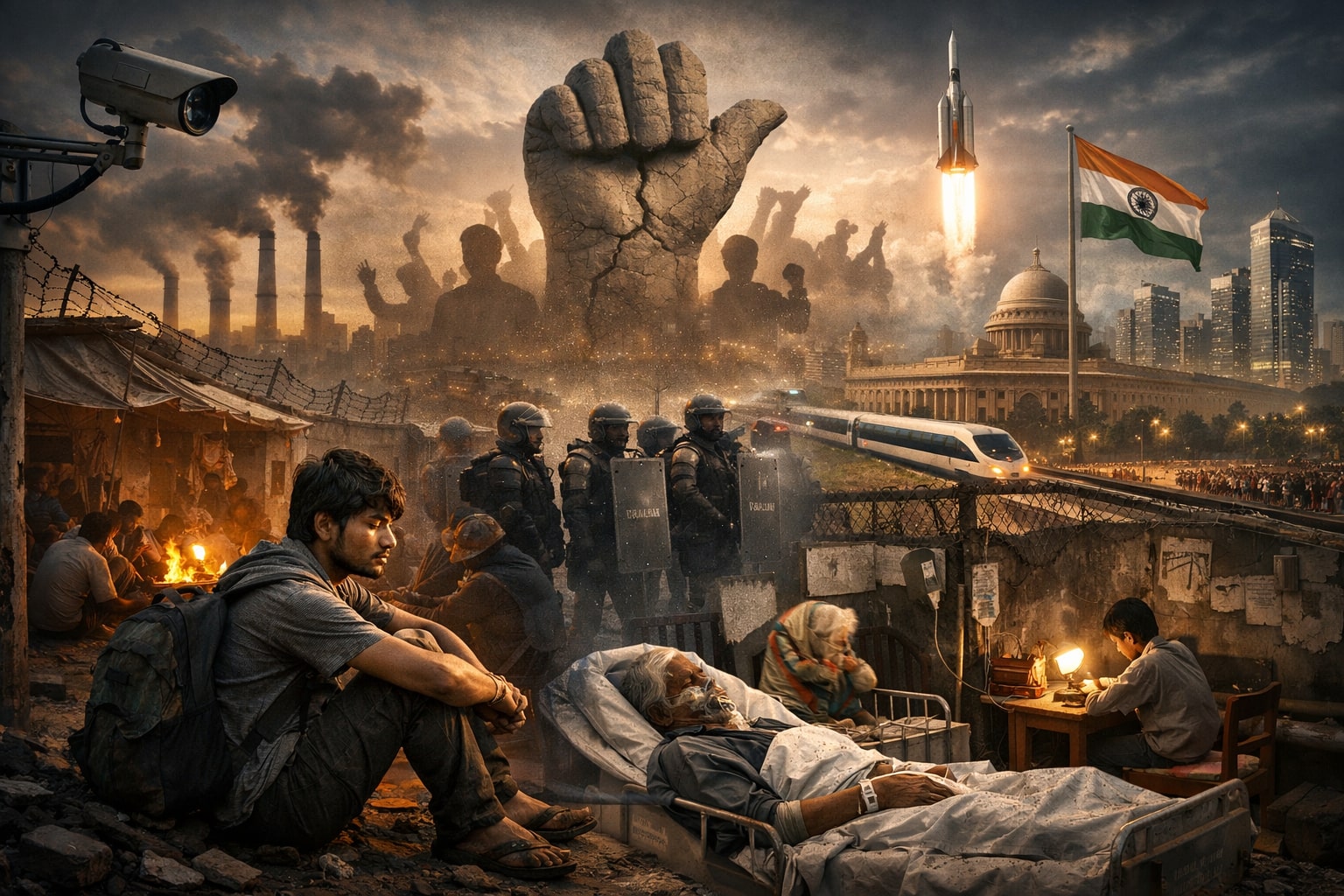
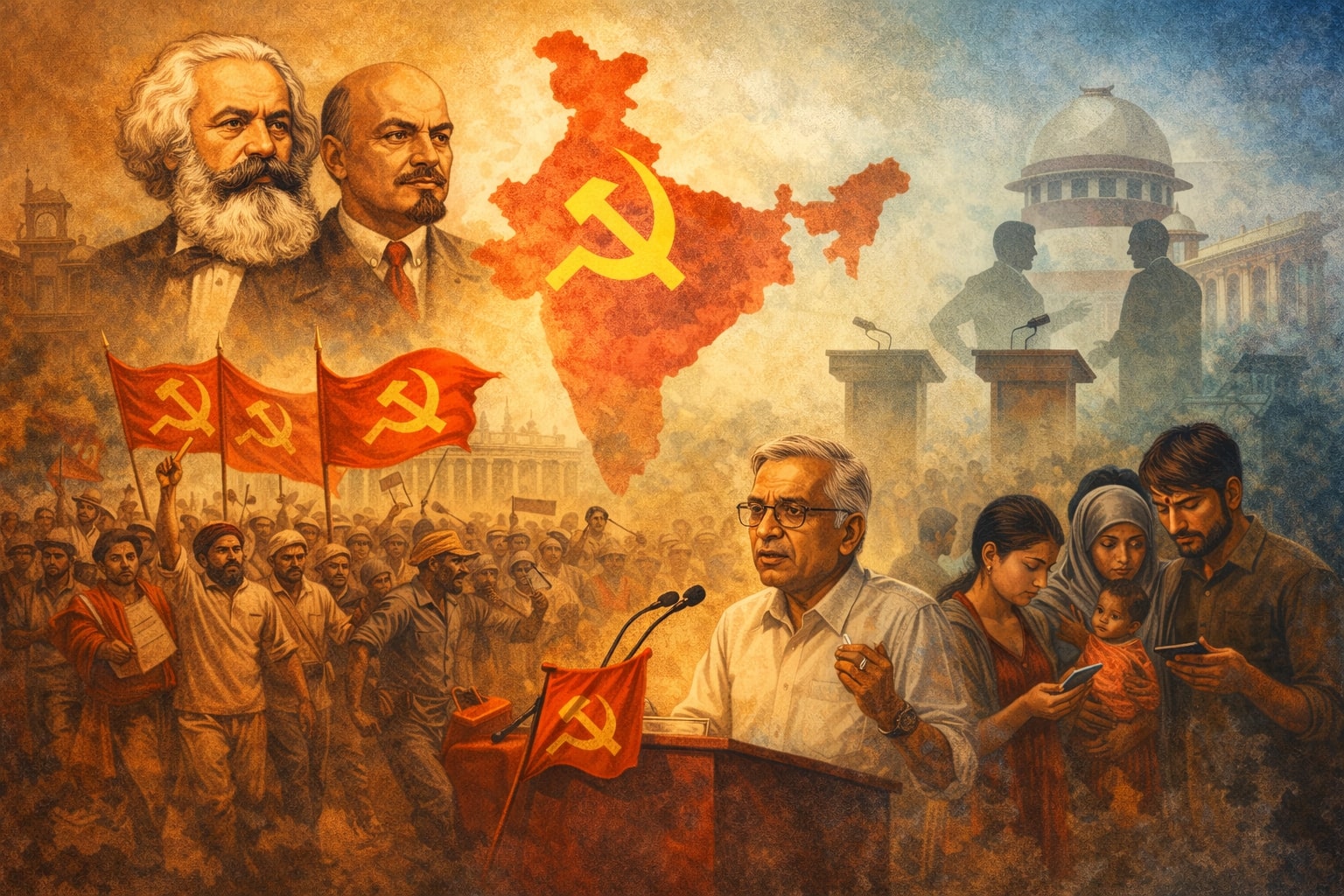

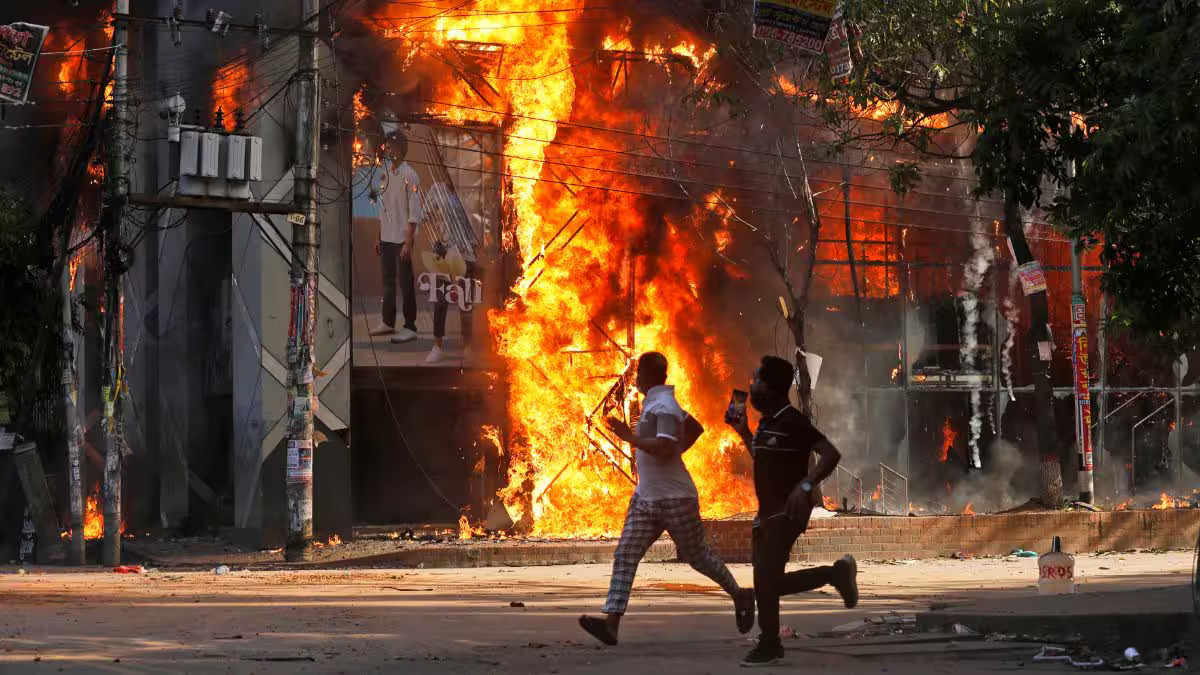

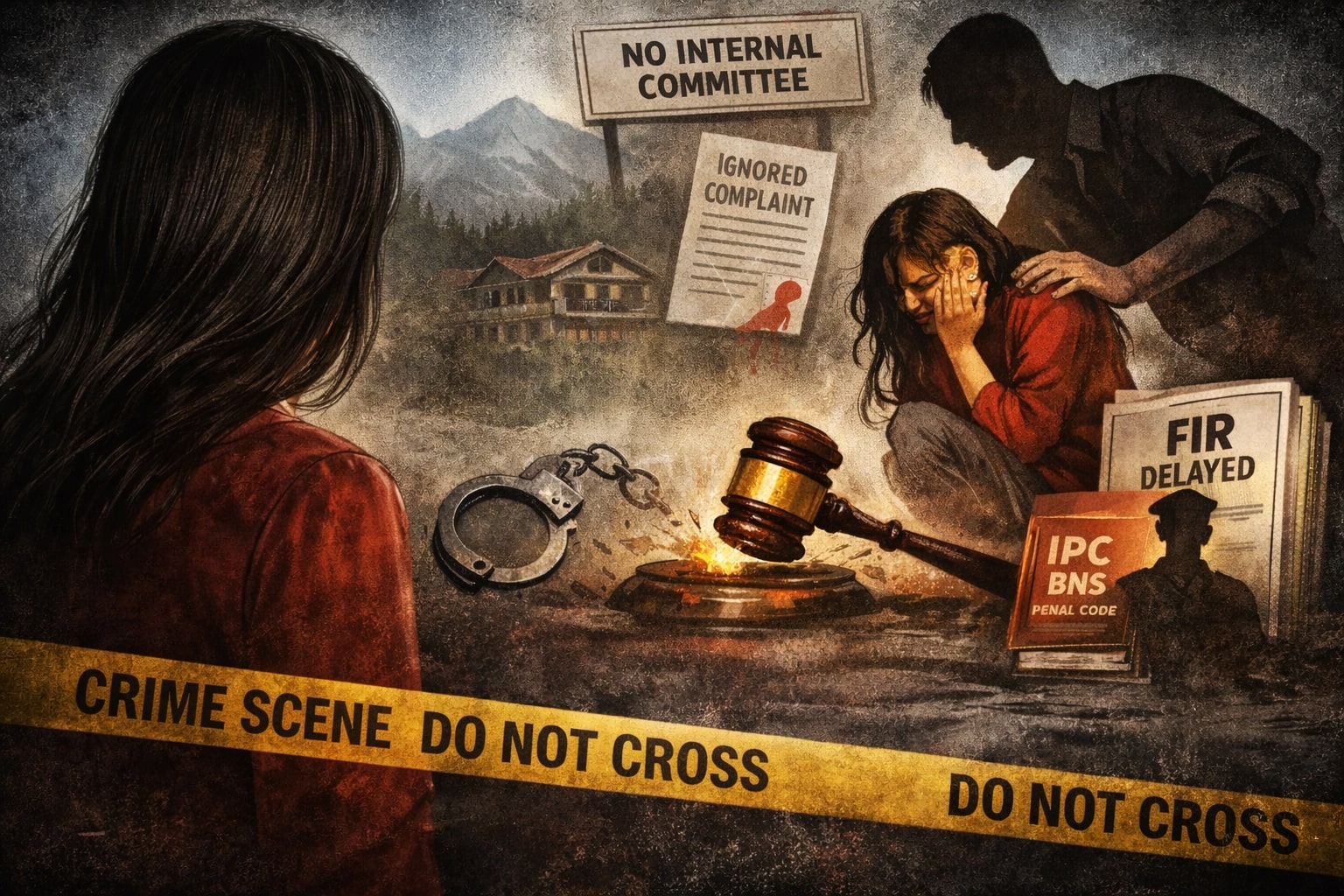
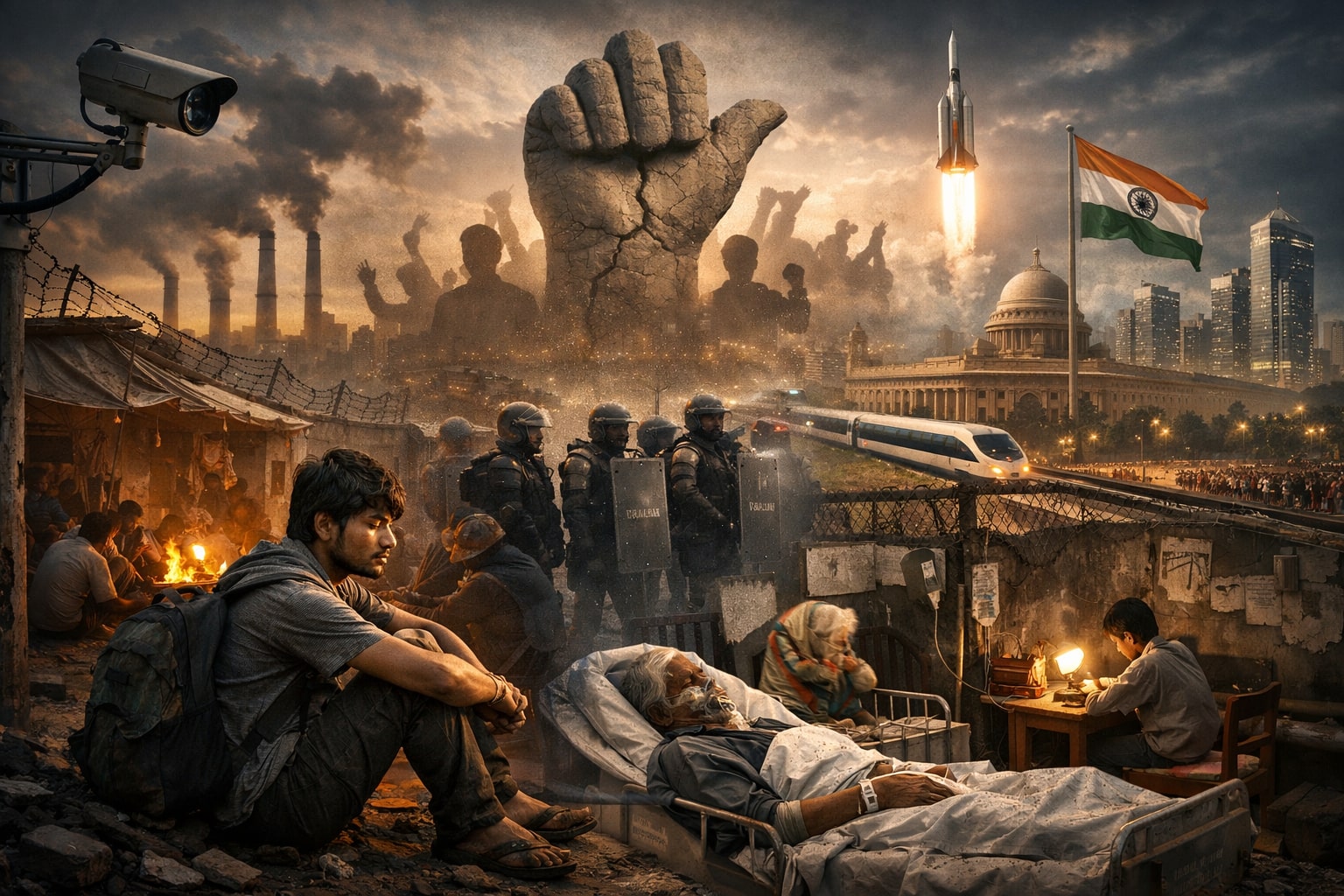
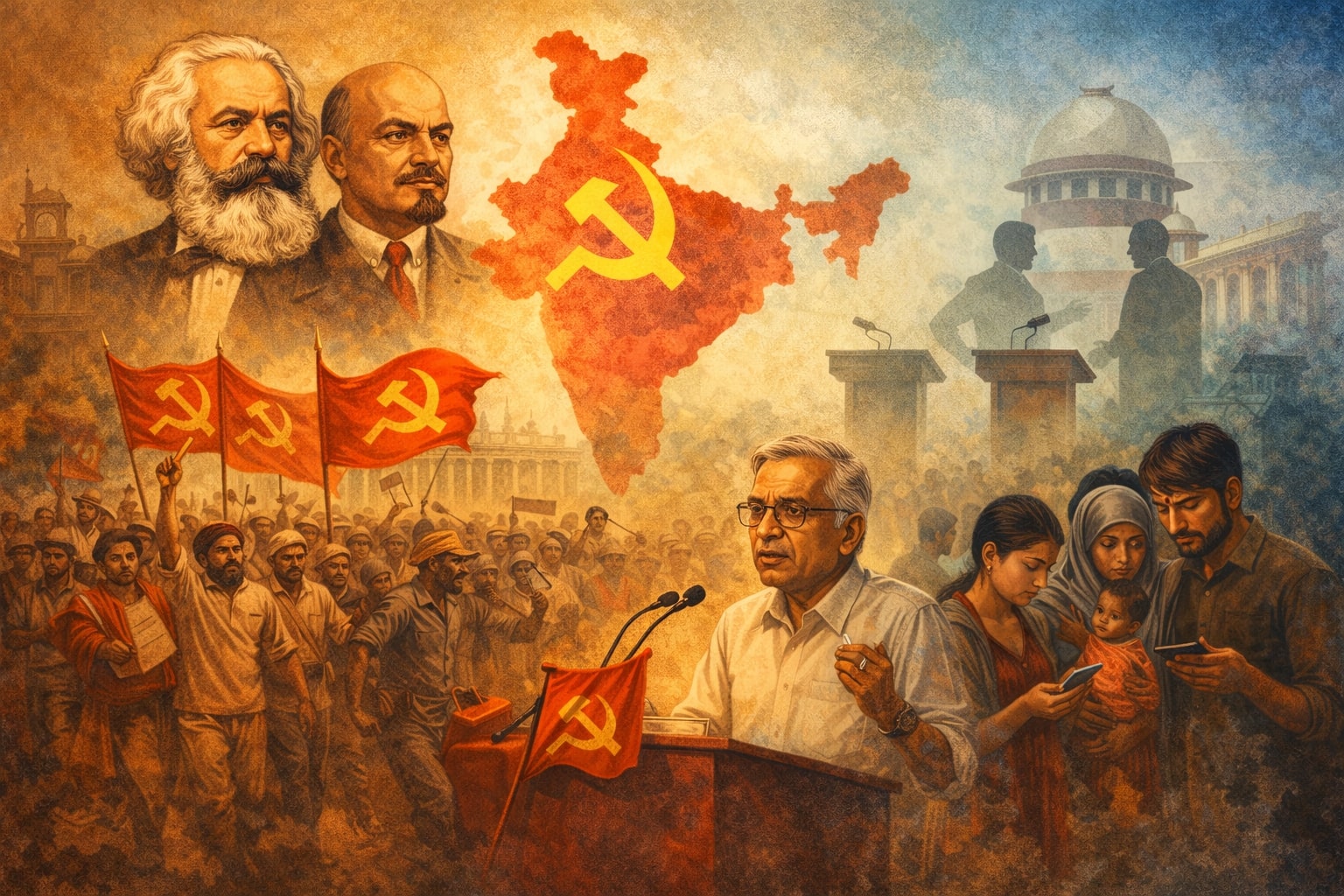
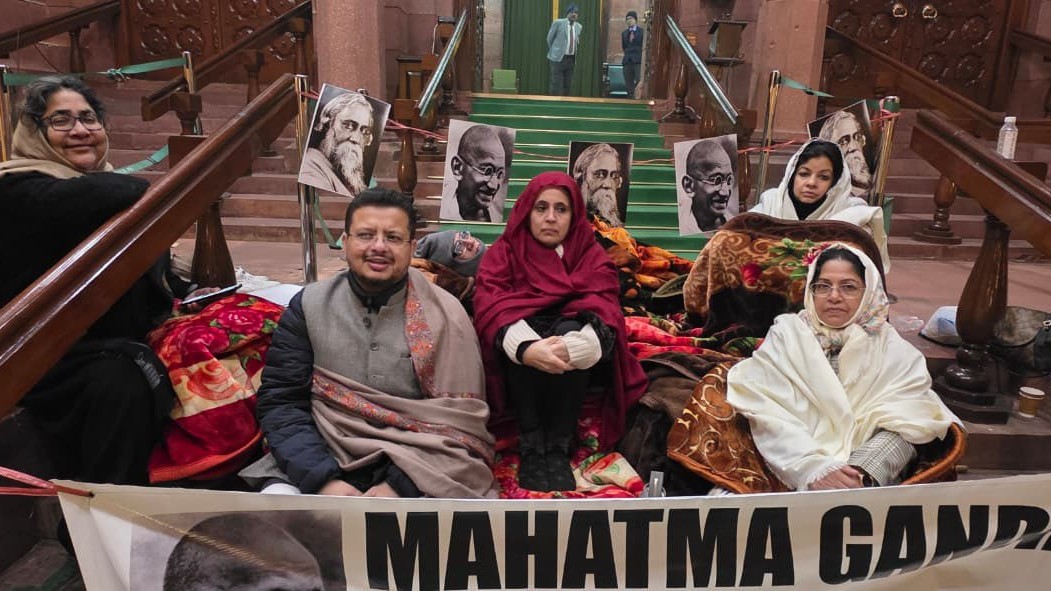
[[comment.comment_text]]